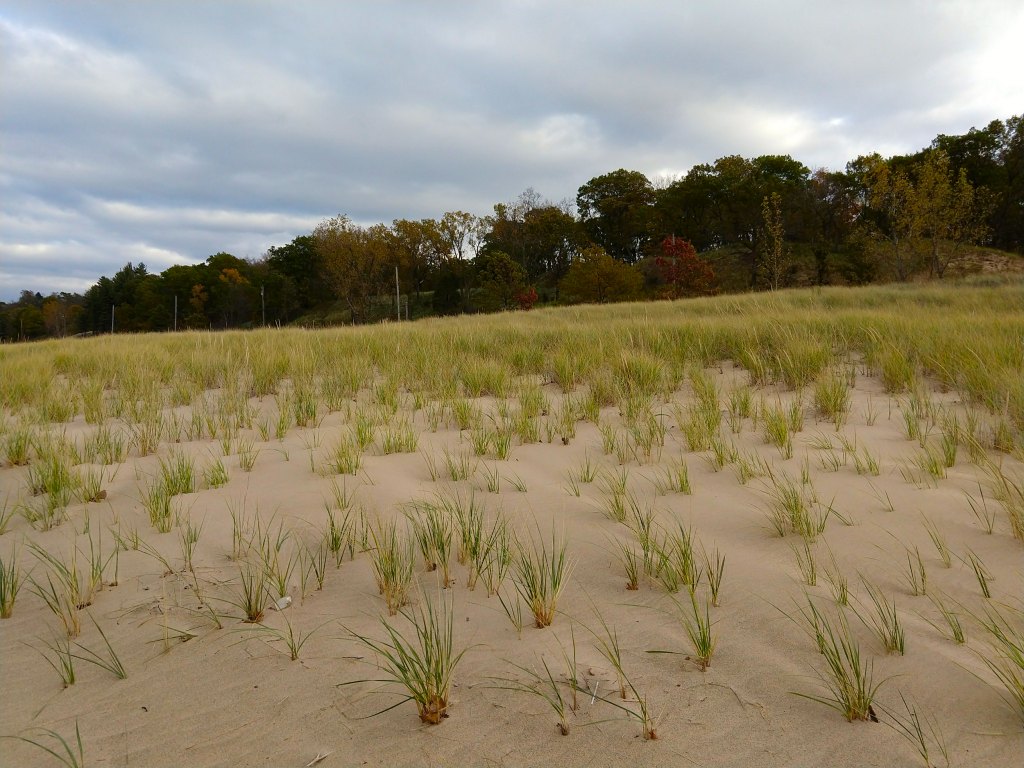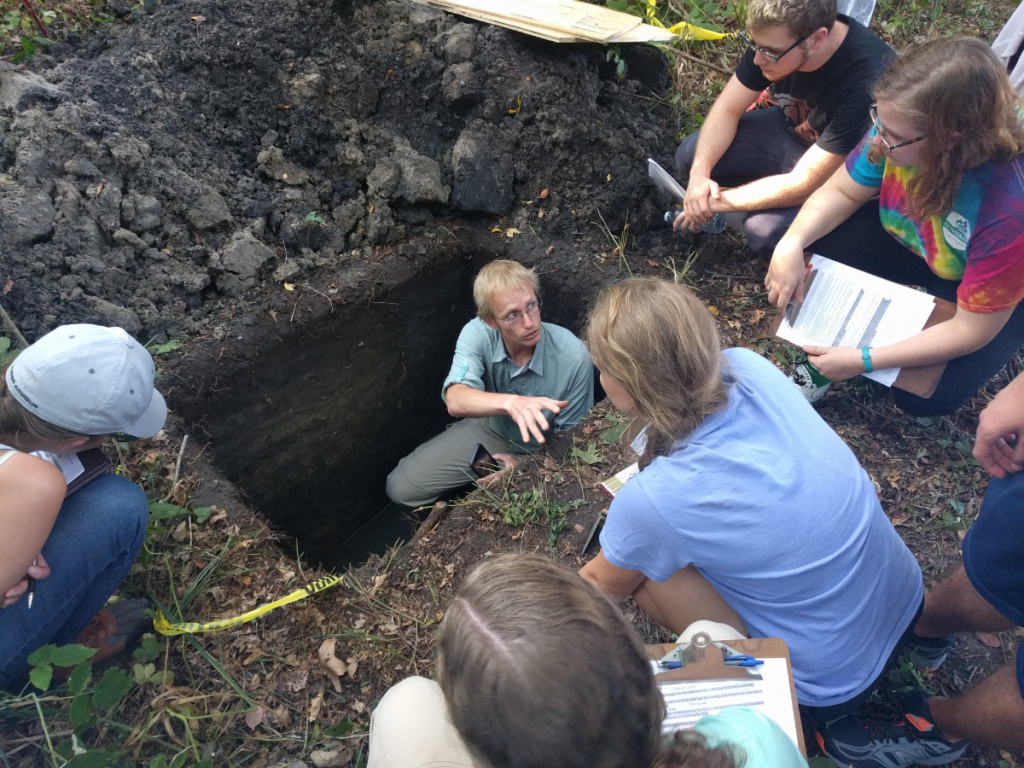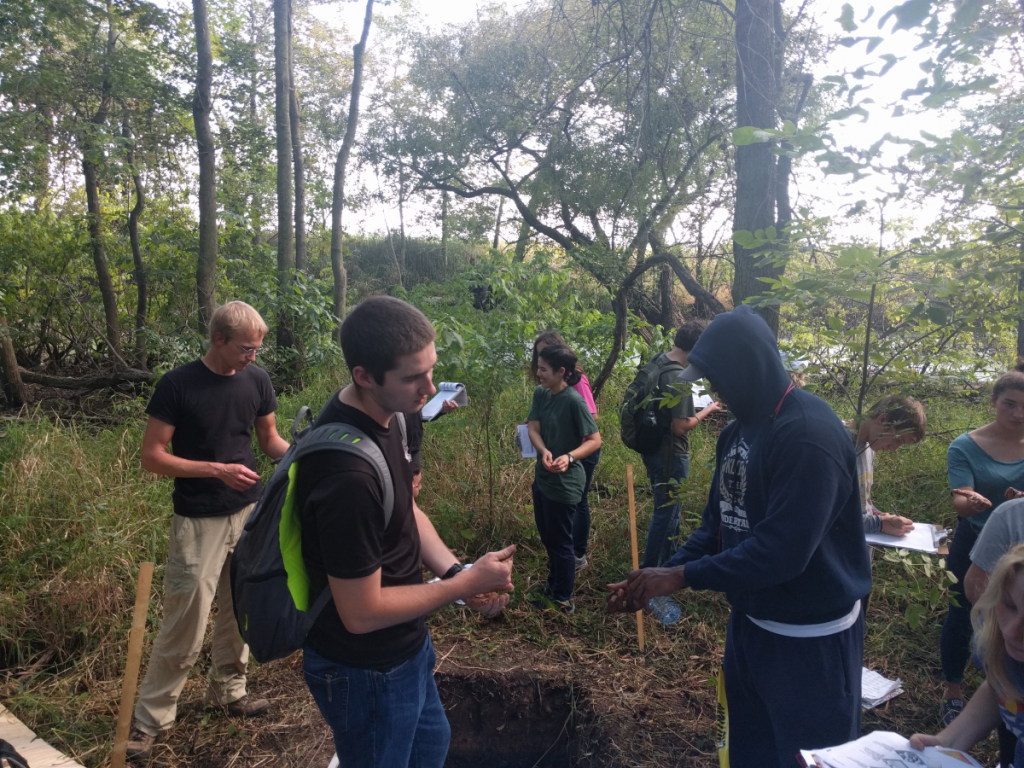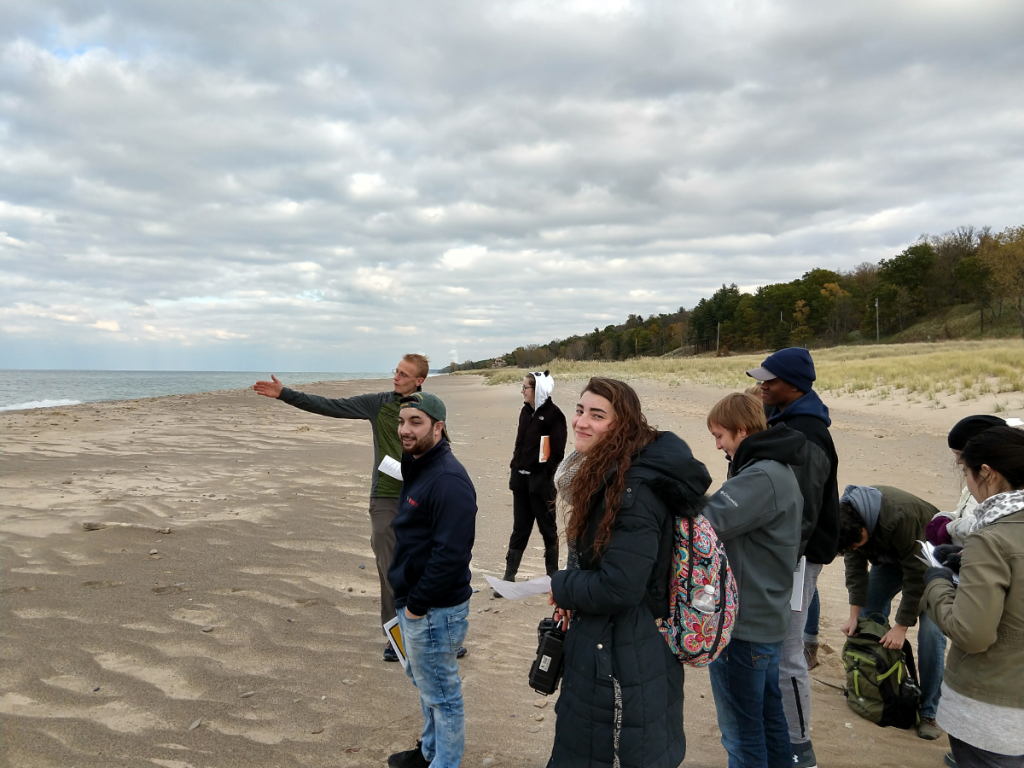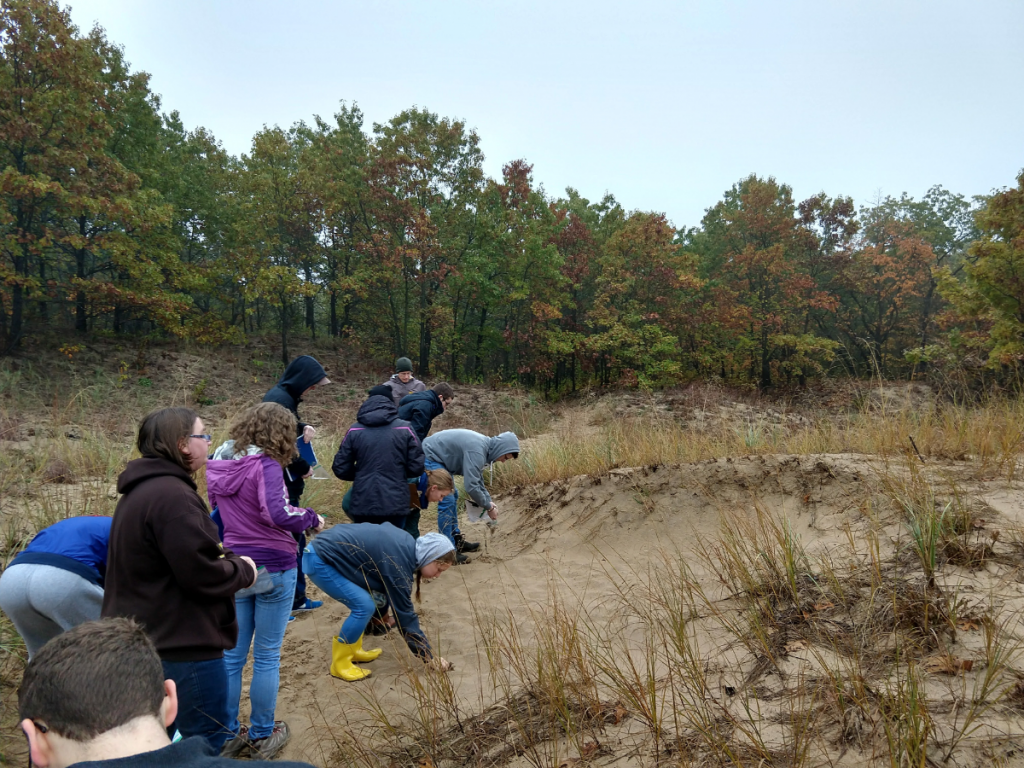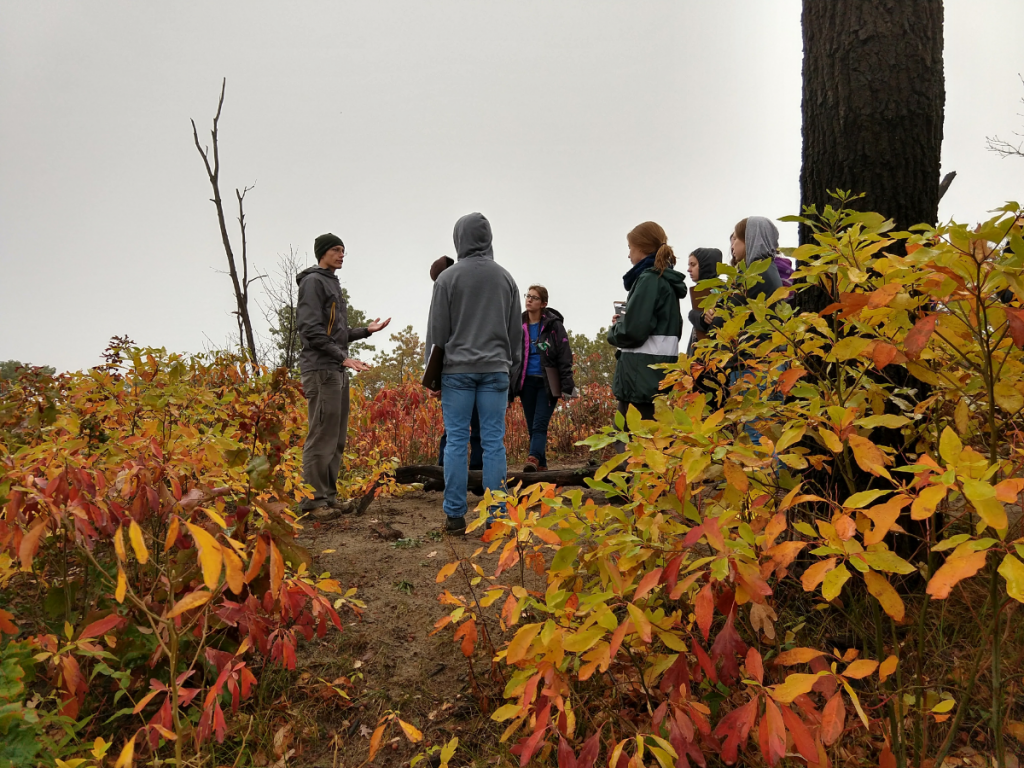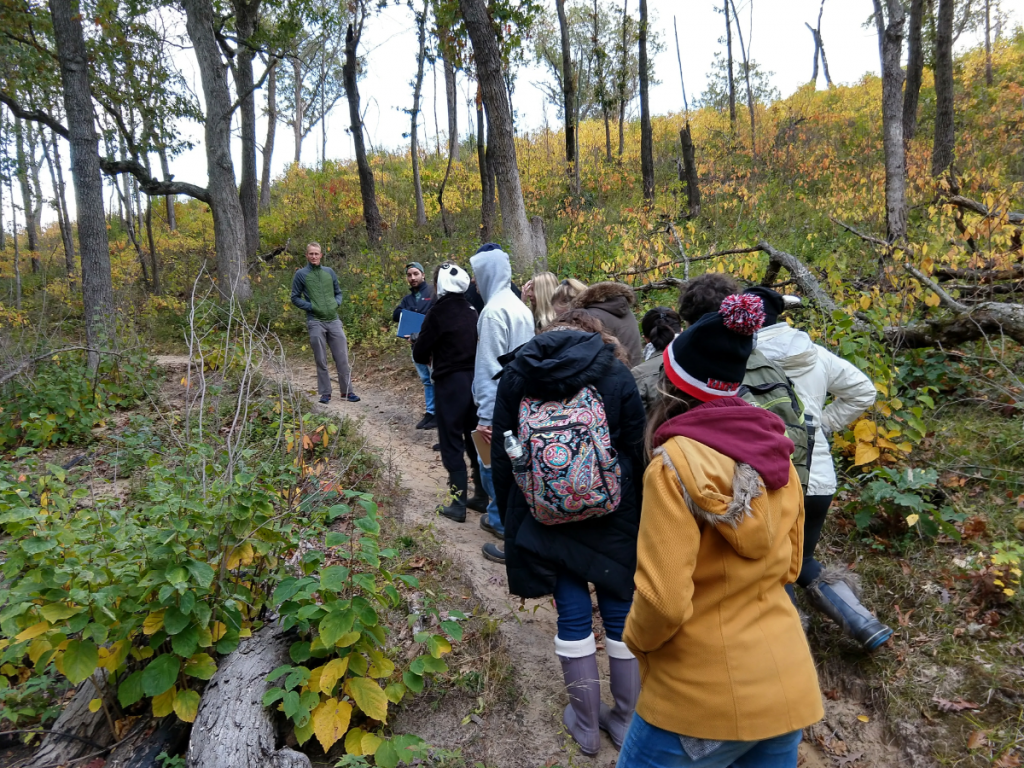The Lakeshore
Study in the Birthplace of Ecology
Ecological succession was first documented at the Indiana Dunes, and its discovery has transformed the understanding of the environment. This regional asset continues to transform students by exposing them to an incredible amount of biological diversity.
Nationally-Renowned Environments
The Indiana Dunes National Lakeshore and Lake Michigan are living laboratories, situated just 15 miles north of Valparaiso University’s campus. The Indiana Dunes National Lakeshore ranks third of all United States National Parks for its incredible species diversity. As such, the lakeshore allows students and faculty easy access to investigate ecological relationships.
Area Assets
The area around Valparaiso is a fascinating mix of ecological habitats, making it an exciting place to see species diversity. The region hosts Jack Pines at the southernmost-limit of their range, and some of the northern-most Prickly Pear Cacti.
Within a 15-minute drive, students can access some of the most ecologically diverse areas in the country. Classroom field trips, research projects, and Earthtones (student environmental group) afford students the opportunity to benefit from local and regional assets including:
- Chicago’s Shedd Aquarium and Field Museum of Natural History
- Indiana Dunes National Park and Indiana Dunes State Park
- Warren Dunes State Park, Mich.
- Sunset Hill Farm County Park
- Rogers-Lakewood City Park
- Coffee Creek Watershed Preserve
- Kankakee Fish and Wildlife Area
- Jasper-Pulaski Fish and Wildlife Area
Industrial Considerations
Around the world, environmental activists work to balance human needs with the needs of the natural environment. Northwest Indiana is no exception. The industries in Northern Indiana and Chicago provide students with opportunities to think critically about important questions: How do you manage a national park that is adjacent to a steel mill? How do you balance recreational interests, like swimming and canoeing, with industrial water needs? How does highway traffic and smokestack output impact regional air quality?
Regional Field Station
Valparaiso University has a partnership with Pierce Cedar Creek Institute (PCCI), a biological field station in southern Michigan. Set on 661 acres in rural Barry County, PCCI provides students and faculty with another opportunity for outdoor education. The property includes a diversity of habitats: wetlands, forests, marshes, streams, lakes, and prairies. The US Geological Survey field station at the dunes is also a partner, with their scientists routinely partnering with our faculty and students on research projects.
